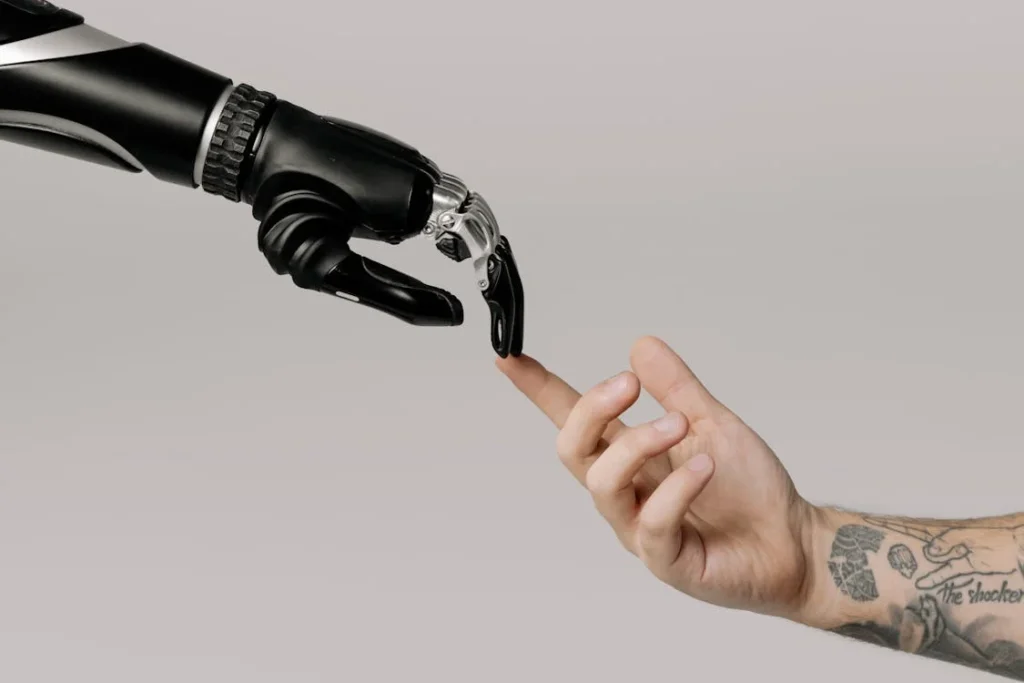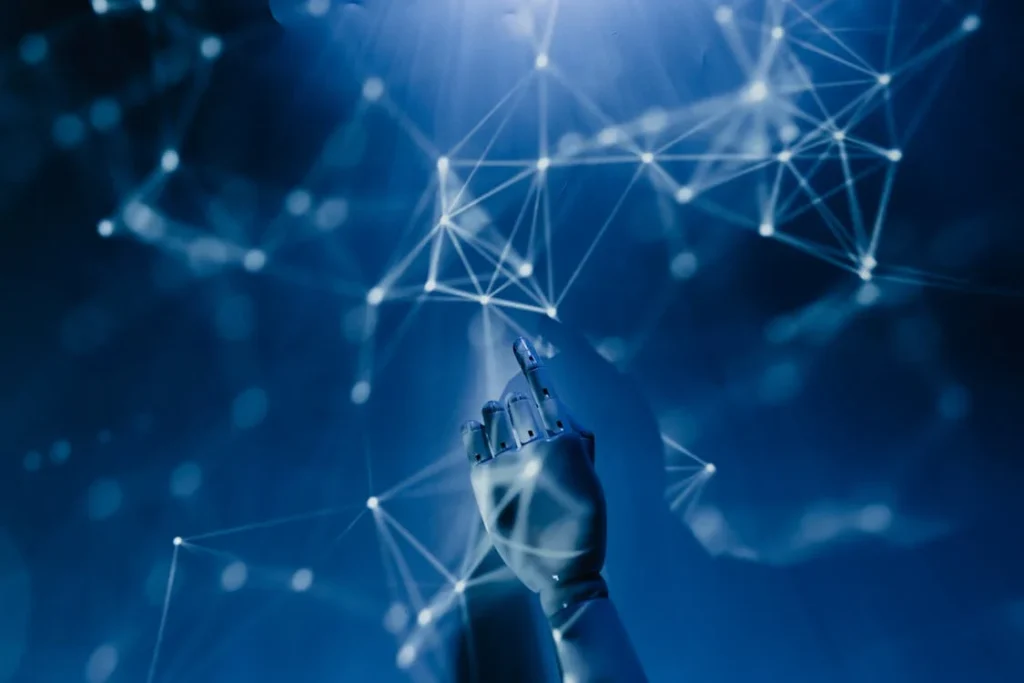Via Pexels
Tech is breaking boundaries like never before. Let’s just give the Tesla Bot a moment…and then a hand of applause – are we living in a warped reality? What is happening? The thing is, while the one side is cheering, the other side is counting the red flags; since every movie about robots -EVER- has been about “them” taking over the world, it is no wonder our views on the topic can get a bit skewed at times. Why? It’s not just that we fear change, though; let’s be honest, that is indeed a part of this. It is asking questions that matter, such as whether we are doing too much too fast. Is there something that we probably should reconsider before we dive headfirst into the tech abyss? That’s what we are diving into: why some of those innovations are getting side-eyes instead of standing ovations.
Ethical Dilemmas: Uncharted Ground
Anyway, technology is really not in the best relation when it comes to ethics. Imagine AI for a second: it’s smart, crazy smart. But when these algorithms make decisions, they often operate in the “black box”-that’s just a fancy way of saying nobody knows why they do what they do. What if bias manages to penetrate those codes and goes on to cause more damage in real life? Yes, the technology works in most cases for efficiency. But critics worry about the bigger picture: what if, in ignorance, this is piling more misery on the most helpless? These are not easy questions to answer.
Loss of Privacy in the Digital Age
Technology is becoming a bit of a nosy neighbour. From smart watches tracking your heart rate to apps that know where you’ve been, privacy is on life support. And it’s not just the ads. It’s the bigger, scarier stuff. Like, how much data do we really want corporations—or worse, governments—hoarding about us? Some folks argue that we’re all sleepwalking into a surveillance state. Critics aren’t saying, “ditch the gadgets,” but they’re definitely shouting, “Hey, maybe let’s pump the brakes before we give away everything about ourselves.”
Job Displacement and Economic Inequality
Here’s a tough pill to swallow: robots and AI don’t need lunch breaks. They don’t get sick. They don’t ask for raises. And while that’s great for efficiency, it’s terrible news for a lot of workers. Automation is creeping into every industry—from self-checkout machines to entire factories run by robots—and it’s making people nervous.
It’s not just about losing jobs, though. It’s about the imbalance. The money these technologies save often goes straight to the top while displaced workers are left scrambling.
Environmental Concerns: A Hidden Cost
Are those massive data centres powering the cloud? They’re energy hogs. Mining for rare earth minerals to make your phone? That’s tearing up ecosystems.
And don’t even get started on electronic waste. Every time you toss an old gadget, it’s likely heading to a landfill—or worse, being shipped to a developing country that can’t handle it. Critics are asking, “How can we call this progress when it’s leaving such a big mess in its wake?”
Misinformation and the Erosion of Trust
Oh boy, this is a doozie. Social media and the internet were supposed to unite us, sharing knowledge and bridging the gaps between individuals. Yet, it has turned into an online dumpster fire of fake news, echo chambers, and endless arguments. Algorithms are not programmed in enforcement of the truth but to keep you scrolling. Critics blame the tech giants: “You let misinformation run amok because it is profitable.” And honestly? With conspiracy theories running more wild than actual facts, it’s really hard to argue with them.
 Via Pexels
Via Pexels
Ethical Challenges of Biotechnology
Biotech is one of those things that feels like it’s straight out of a sci-fi movie. We’re talking about editing genes, creating lab-grown organs, and maybe one-day curing diseases that were once death sentences. Sounds amazing, right? But hold on.
Critics aren’t against progress here—they’re just really worried about how far we’re willing to go. Editing the human genome, for example, might open doors to designer babies or unintended genetic chaos. Where do we draw the line between healing and playing god? That’s a question humanity hasn’t answered yet.
Cultural and Psychological Resistance
Sometimes, the pushback isn’t about logic or ethics or economics. Sometimes, it’s just against people feeling that the world is moving too fast. You know what? That’s valid. Not everyone wants to swap their family’s farming traditions for drones and genetically modified crops. Similarly, it is with screen time: parents get kids glued to devices and then surge into wondering if they have grown zombies instead of well-rounded humans. What the critics here are not saying is anti-tech; the critics here are just saying, “Can we slow down and think about the long-term effects before leaping headlong into every shiny new thing?”
So, What’s the Big Deal?
At the core of all this criticism is a fear—a very human fear—that we’re losing control. People worry that technology is pulling the strings instead of the other way around. They’re nervous about unintended consequences, about rushing into a future they didn’t sign up for.
But let’s not ignore the good stuff, either!
Innovations in AI are making businesses transform. iPaaS providers like Noca AI, for instance, are making it easier for businesses to work smarter, not harder. The key is balance. Instead of freaking out or blindly embracing every innovation, maybe we need to step back and think about where we’re headed.
Where Do We Go From Here?
Here’s the thing: there’s no one-size-fits-all answer. Some technologies will change the world for the better. Others, maybe not so much. The challenge is figuring out how to keep the good while managing the risks. That means asking hard questions, setting boundaries, and being okay with saying “no” to some ideas.
The future isn’t written yet. But if we want it to be a future worth living in, we’ve got to get real about what we embrace—and what we leave locked safely in a box.
Emily Henry writes for UKWritings Reviews and Write My Research Paper. She writes articles on many subjects including writing great resumes. Emily is also an editor at State Of Writing.






